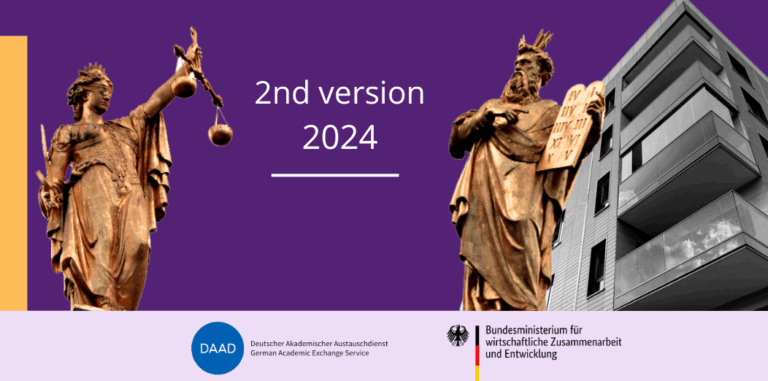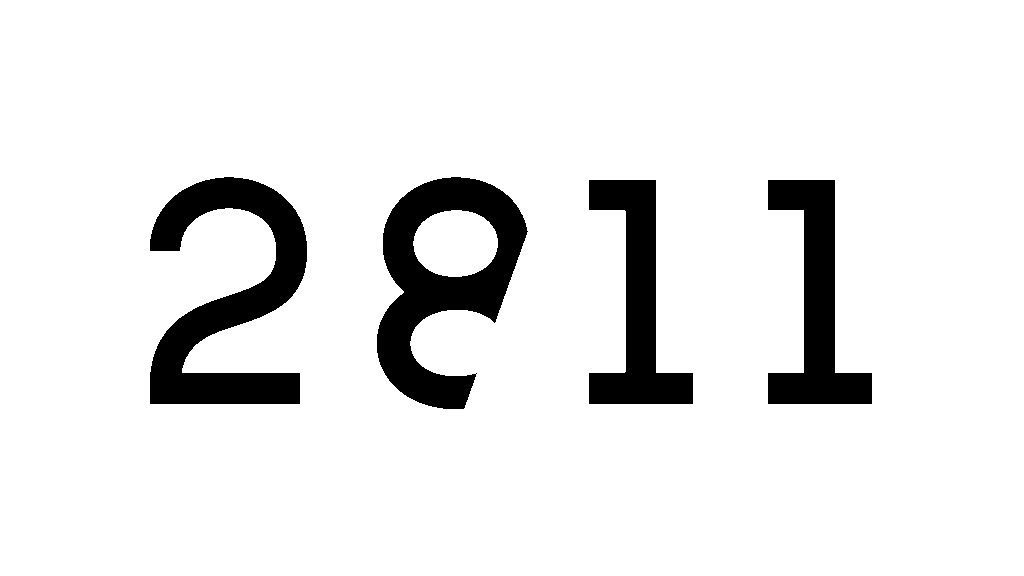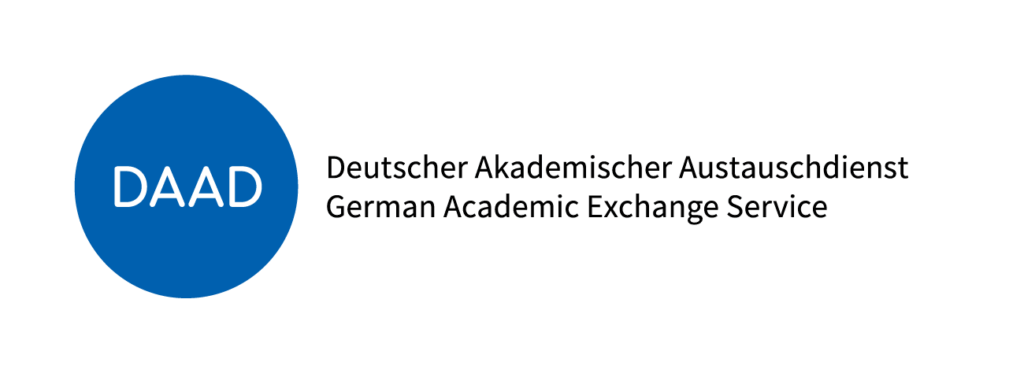Germnay
Gender Perspectives in Urban Development - 2nd version
APRIL – MAI 2024

Emphasizing Inclusive Planning and Diverse Community Needs
This was the second version of the course, funded by the DAAD, and designed for EPOS (Entwicklungspolitisch orientierte Studiengänge,” which is German for “Development-Related Postgraduate Courses) students or alumni involved or interested in urban development.
The course was organized together with our colleagues in 2811, with the support of the Barcelona-based organization Punt.6.
We had the honor and pleasure of welcoming new speakers to the course, all with extensive experience and knowledge on gender perspective, intersectionality, and feminisms. They came from diverse disciplines but converged on urbanist themes and the need to integrate intersectionality and feminist perspectives into the discussion:
- Sara Ortíz, sociologist, mainly working on mobility, urban safety, participatory methodologies and participatory action research from an intersectional feminist perspective. Founding member of the cooperative Col·lectiu Punt 6, prominent organization based in Barcelona with broad experience and international recognition.
- Safaa Charafi, architect and urbanist and the founder of Urban Inclusion, a consulting firm on inclusion, diversity, and urban planning.
- Sneha Visakha, a PhD student at the Department of Anthropology, Brandeis University. Her work focuses on women’s mobility, religion and urban public space in Indian cities.
- Soledad Larraín, architect and professor at different national universities, where he researches sustainability, mobility and gender. Co-founder of MujerArquitecta, a community that seeks to make visible, strengthen and promote the work of women in architecture.
Part of the seminar’s purpose was to provide participants with a space for discussion and reflection on city planning, the absence of a gender perspective, and the need to prioritize the needs of vulnerable and marginalized groups.
We began by reviewing key concepts essential for understanding gender perspectives, focusing on the societal position of women and their historical exclusion from public spaces and decision-making processes. While modern societies now see women in positions of power and actively participating in public life, significant gender gaps persist, such as wage disparities, economic independence, and time spent on domestic or caregiving tasks.
As a result, women experience the city in ways distinctly different from men. Their mobility and movement patterns are more varied and complex, yet urban planning have largely failed to account for these differences.
The course also explored the diverse experiences of women in different regions of the world, recognizing that culture, social norms, legislation, and ethical principles differ across territories. This makes women’s experiences and the concept of gender both complex and intersectional.




Status: Completed
